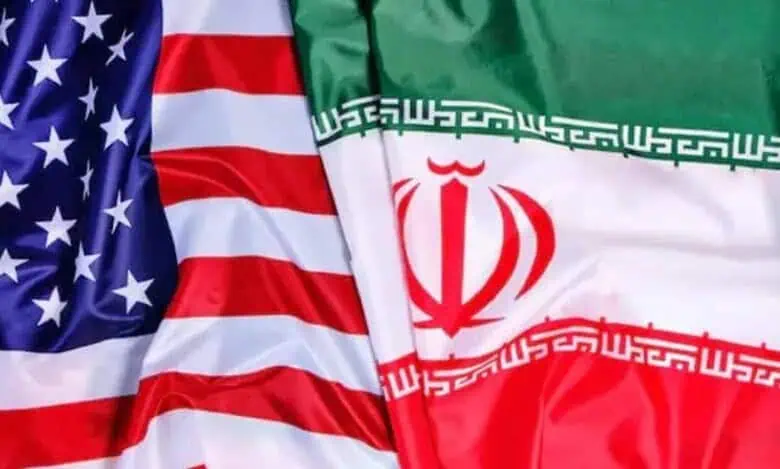US announces new sanctions on Iran following 4th round of nuclear talks

Washington, D.C.: The United States has imposed a new wave of sanctions on Iran after the fourth round of nuclear talks between Tehran and world powers failed to produce any breakthrough. The decision, announced late Monday by the U.S. State Department, signals growing frustration in Washington over Iran’s continued uranium enrichment and lack of cooperation with international inspectors.
Secretary of State Antony Blinken stated that the sanctions target key Iranian officials and entities involved in nuclear development, ballistic missile programs, and support for proxy militias in the region. “Iran’s unwillingness to return to full compliance under the 2015 nuclear agreement leaves us with no choice but to respond with diplomatic and economic pressure,” Blinken said.
The latest round of talks, held in Vienna, aimed to restore the Joint Comprehensive Plan of Action (JCPOA), but negotiators reported little movement from the Iranian side. US officials say Iran has accelerated its uranium enrichment to levels far beyond the limits set by the original deal.
In response, Iran’s Foreign Ministry condemned the sanctions as “illegal and provocative,” vowing to continue its nuclear program unless Washington fully lifts all prior sanctions and provides guarantees of non-reversal by future administrations.
The new measures freeze assets, ban transactions, and restrict international access to key financial networks for over a dozen individuals and organizations linked to Iran’s nuclear and defense sectors.
European diplomats involved in the negotiations expressed concern over the increasing hostility, warning that a collapse in diplomacy could destabilize the already volatile Middle East.
Analysts view the move as part of the Biden administration’s broader strategy to force Tehran back to the negotiating table, while also signaling to allies like Israel and Saudi Arabia that Washington remains committed to curbing Iran’s nuclear ambitions.
The sanctions come at a time of heightened regional tensions, with reports of new missile tests by Iran and growing militia activity in Iraq and Syria.
The United Nations has called for restraint and urged both sides to resume constructive dialogue to avoid escalation.
Despite the setback, U.S. officials reiterated that the door to diplomacy remains open, provided Iran is willing to take verifiable steps toward compliance.
This latest development adds pressure on the international community to mediate and prevent further deterioration in U.S.-Iran relations.
The Biden administration’s move is expected to face scrutiny at home as well, with lawmakers divided over whether diplomatic engagement or maximum pressure is the right approach.
As the situation evolves, all eyes remain on Tehran’s next move and whether further sanctions or conflict can be averted.
















